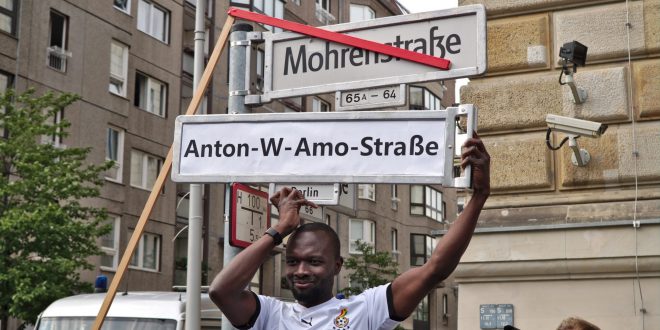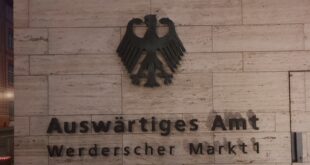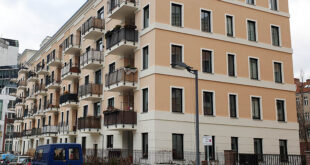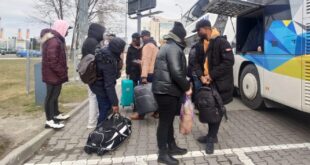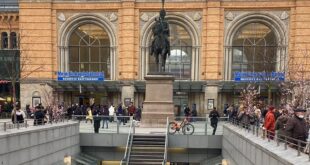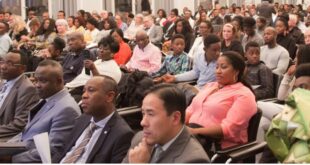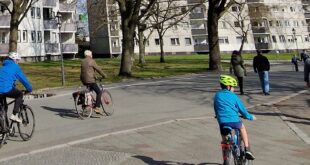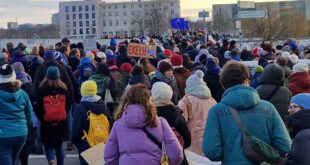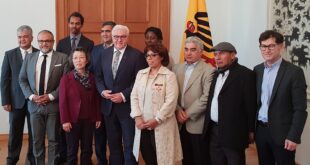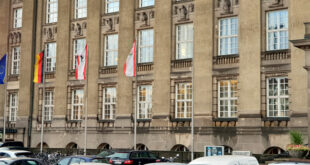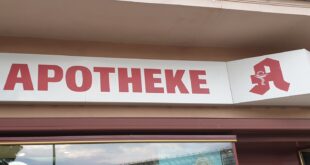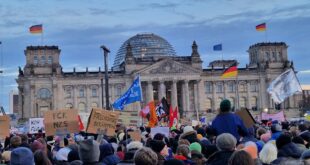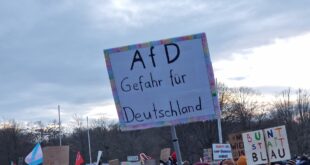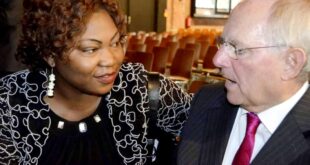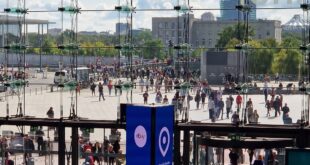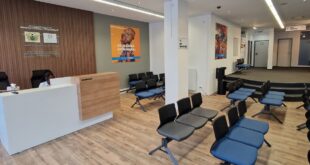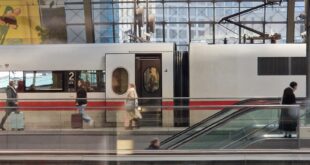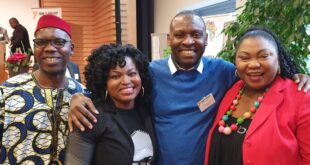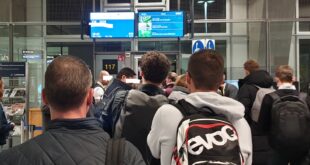The struggle of the Black community in Berlin to have streets named after controversial figures of German colonialism in Africa changed seems to have finally started yielding fruits.
For the first time an extensive renaming of streets connected with German colonialism in the federal capital will be carried out. Sabine Weissler (Greens), councillor for culture, said on Wednesday that new names will be chosen for three streets in the so-called African quarter in the district of Wedding. The names of six Africans have now been proposed, Ms Weissler said.
They are African personalities, including four women, who fought for human rights and against colonialism: Yaa Asantewaa, Martin Dibobe, Nzinga von Ndongo und Matamba, Manga Bell, Miriam Makeba und Wangari Maathai.
A date for the renaming has not yet been fixed, emphasized Weissler.
The streets marked for renaming are those honouring Adolf Lüderitz, (founder of Germany’s first colony, the German South West Africa), Gustav Nachtigal (who led the colonization of Togo and Cameroon) and Carl Peters (co-founder of the German East Africa colony).
The district authority of Berlin-Mitte and a selected jury composed of a majority of African or Black members have proposed Ana Nzinga (1583-1663), Yaa Asantewaa (ca.1840-1921) and Martin Dibobe (1876-ca.1921) to the authorities as alternative names for the streets.
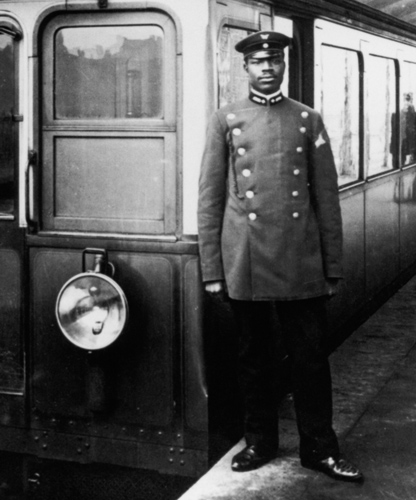
Nzinga was a fighter against Portuguese colonialism in Angola while Asantewaa was the heroic Ghanaian woman who led an army against the invading British forces. Dibobe, who was born in Cameroon, was a pioneer in the fight for Black dignity in Germany.
Tahir Della, jury member representing the ISD (Initiative of Black People in Germany), praised the efforts to rename the streets. “We welcome the jury’s proposal and, above all, we fervently support the choice of the famous German-Cameroonian Martin Dibobe. This train conductor of the suburban railway lived in Berlin for 25 years. From 1919 onwards, he actively campaigned for the equality and the rights of African people in former German colonies and those employed in Germany. If Martin Dibobe replaces the founder of the German colonial territory in Cameroon, Gustav Nachtigal, the renaming of this square (Nachtigalplatz) will become a symbol of historical justice,” he said.
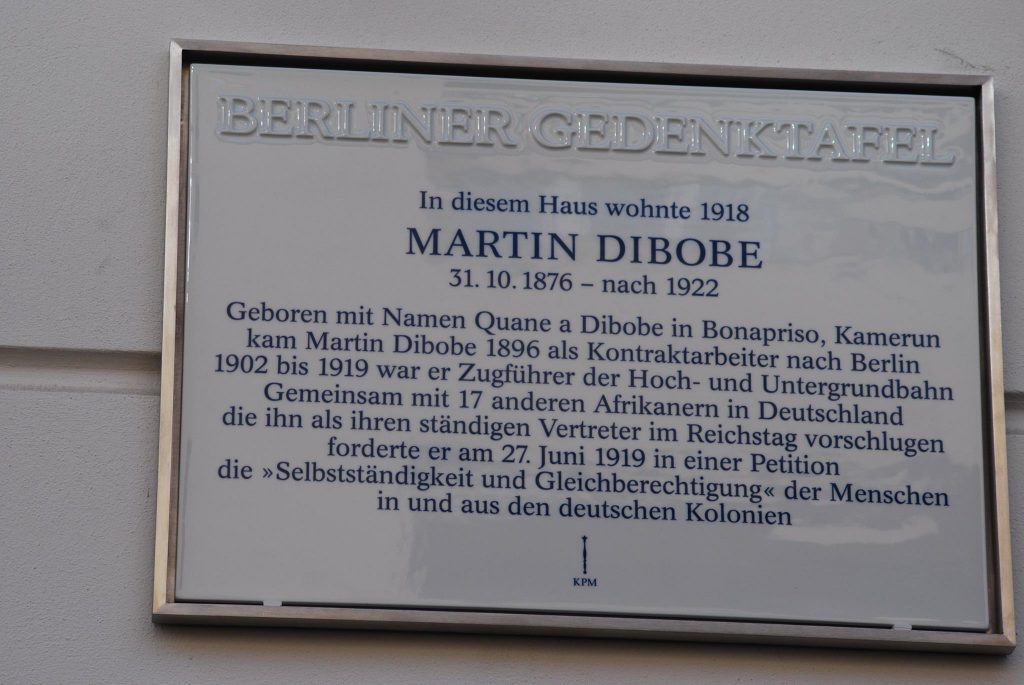
In an open letter to the Lord Mayor of Berlin, Michael Müller, 50 organisations and institutions throughout Germany, under the initiative “Decolonise Berlin”, have asked the Berlin Senate and the district authority to also rename Petersallee. Although no street sign was changed, an invisible renaming from Carl Peters to Hans Peters already took place in 1986. The initiative calls for a visible renaming that would honour an eminent African figure.
Christian Kopp, founding member of Berlin Postkolonial, reveals that “the Nazis deliberately chose to celebrate a racist mass murderer when they designated Petersallee (“Peters Avenue”) in 1939. Carl Peters is still remembered in the Kilimanjaro region in Tanzania today as mkono wa damu (‘the bloody hand’) and in Germany, he was nicknamed Hängepeters (‘Peters who hangs’). When we do critical guided tours and lead visitors through this unique cityscape loaded with the memory of colonialism, how can we explain to our guests the stubbornness to cling to such figures in the public sphere?” he asked.
Although this is a great starting point, there are currently more than a dozen streets around Berlin that carry names associated with racism or colonialism among them is Mohrenstraße.
 THE AFRICAN COURIER. Reporting Africa and its Diaspora! The African Courier is an international magazine published in Germany to report on Africa and the Diaspora African experience. The first issue of the bimonthly magazine appeared on the newsstands on 15 February 1998. The African Courier is a communication forum for European-African political, economic and cultural exchanges, and a voice for Africa in Europe.
THE AFRICAN COURIER. Reporting Africa and its Diaspora! The African Courier is an international magazine published in Germany to report on Africa and the Diaspora African experience. The first issue of the bimonthly magazine appeared on the newsstands on 15 February 1998. The African Courier is a communication forum for European-African political, economic and cultural exchanges, and a voice for Africa in Europe.

